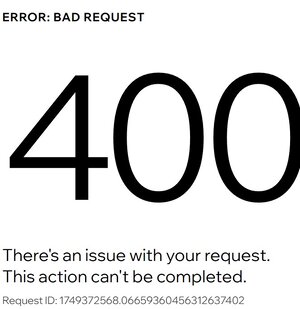digitS'
Garden Master
Guidance may be provided within your home state:

 phys.org
phys.org
Here, and for a number of years, compostables found homes in what were 3 bins, plus the activities of prepping for crops. The bins were divided into as many as 4 sections but only by shoveling and piling in different directions. Nothing was moved from bin to bin. We are now down to 2 bins and I am struggling with grass sod but that's unusual.
One bin was located in the smaller distant garden of about 2,500 square feet. Crop rotation and that bin accommodated Summertime activities which included harvesting and marketing from the big distant garden of 6,000 sqft +. No composting took place in that garden but all debris was underground at the end of season in both those gardens.
Winter finds the collection of kitchen scraps in covered 5 gallon buckets in the backyard. Fortunately, the raccoons that sometimes visit have never caused a problem. Freezing and then thawing helps with allowing a refilling and I often had 7 buckets full by the time gardening season arrived and I could move out enough of the previous season's compost to move those compostables out of those buckets.
Steve

Archaeologists uncover massive 1,000-year-old Native American fields in Northern Michigan that defy limits of farming
With its cold climate, short growing season, and dense forests, Michigan's Upper Peninsula is known as a challenging place for farming. But a new Dartmouth-led study provides evidence of intensive farming by ancestral Native Americans at the Sixty Islands archaeological site along the Menominee...
Here, and for a number of years, compostables found homes in what were 3 bins, plus the activities of prepping for crops. The bins were divided into as many as 4 sections but only by shoveling and piling in different directions. Nothing was moved from bin to bin. We are now down to 2 bins and I am struggling with grass sod but that's unusual.
One bin was located in the smaller distant garden of about 2,500 square feet. Crop rotation and that bin accommodated Summertime activities which included harvesting and marketing from the big distant garden of 6,000 sqft +. No composting took place in that garden but all debris was underground at the end of season in both those gardens.
Winter finds the collection of kitchen scraps in covered 5 gallon buckets in the backyard. Fortunately, the raccoons that sometimes visit have never caused a problem. Freezing and then thawing helps with allowing a refilling and I often had 7 buckets full by the time gardening season arrived and I could move out enough of the previous season's compost to move those compostables out of those buckets.
Steve

